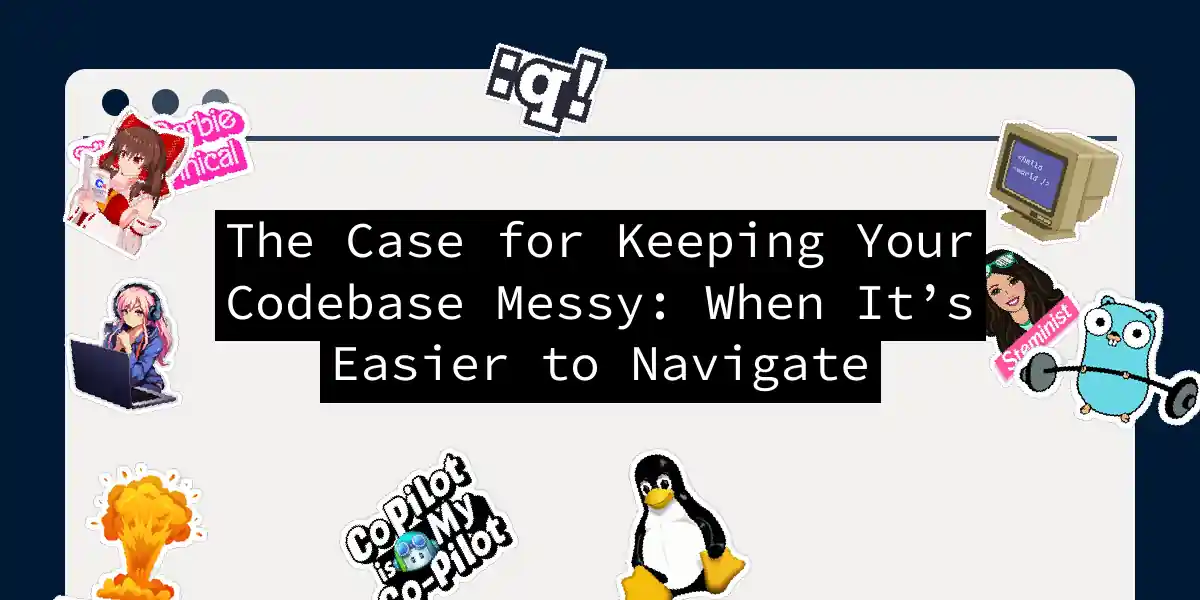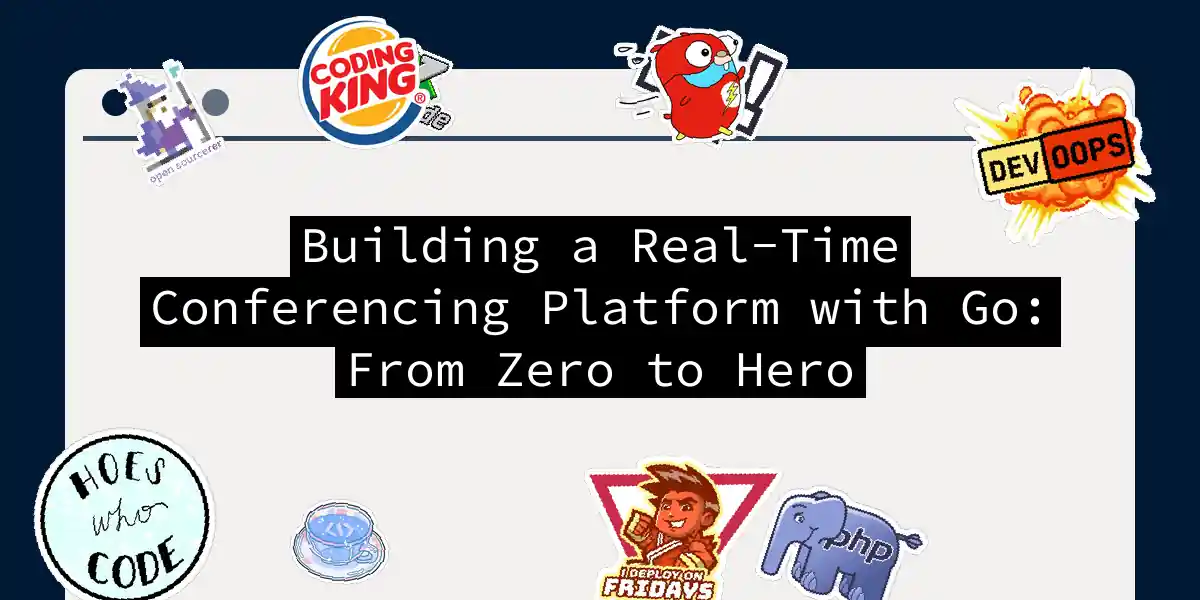
The Case for Keeping Your Codebase Messy: When It’s Easier to Navigate
We’ve all heard the sermons about pristine codebases. “Clean code is maintainable code!” they chant. “A place for everything and everything in its place!” they lecture. But what if I told you your codebase might be healthier with a dash of chaos? Let’s explore why sometimes controlled messiness beats architectural asceticism. Code Tetris: When Organization Fails Consider this C++ memory management snippet from a physics simulation project: int sz = 100; int* p = (int*) malloc(sizeof(int) * sz); int count = 0; // ....
